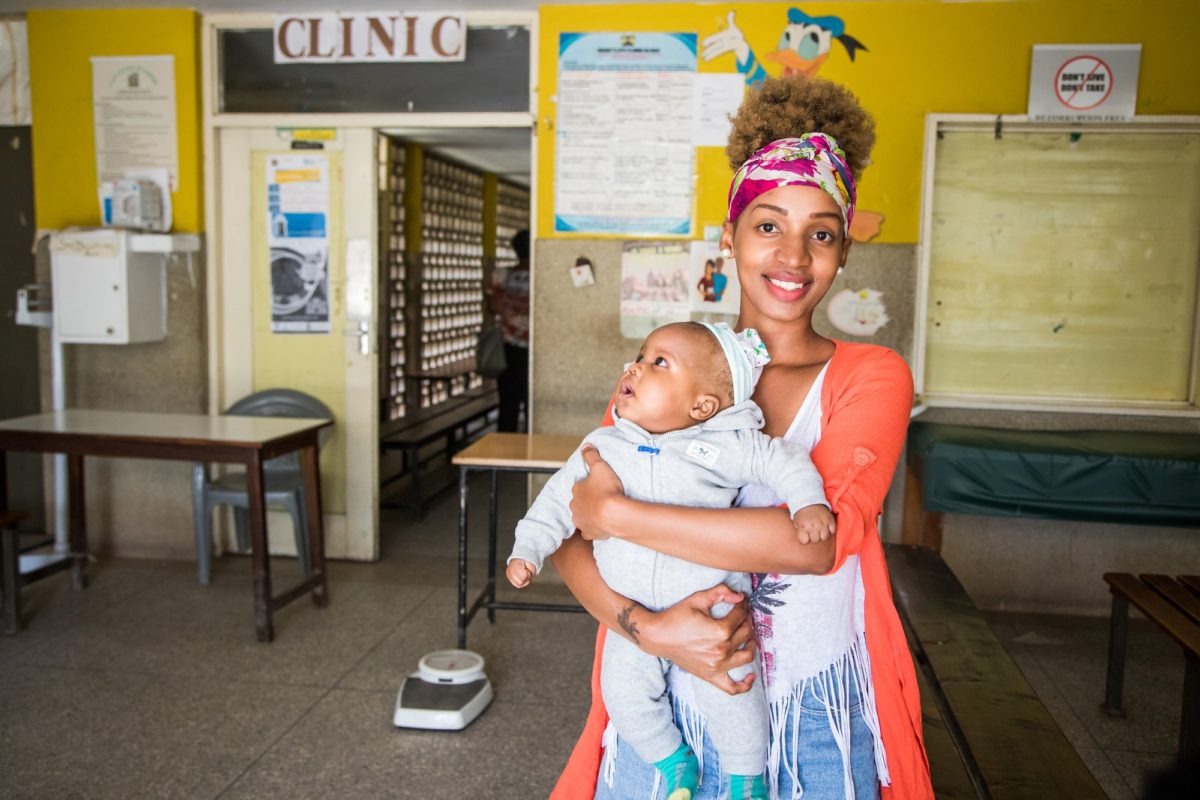Launch of a Nutrition for Growth Year of Action

As 2020 nears a close, 1,000 Days celebrates the more than USD$3 billion pledged to fight global malnutrition at the the launch of the Nutrition for Growth (N4G) Year of Action, hosted by the Governments of Canada and Bangladesh in partnership with the Government of Japan. The COVID-19 pandemic has brought the world many, and often interlinked, challenges to face, but we must remain steadfast on the overlooked crisis of malnutrition. Malnutrition continues to be a major obstacle to achieving economic prosperity, is responsible for 45% of under-five child deaths, and can have devasting consequences on a child’s growth and brain development.
The N4G Year of Action launch, which took place December 14, offered an opportunity to highlight the importance of good nutrition, particularly in the first 1,000 days, as the world recovers and rebuilds from COVID-19’s devastating impacts on global malnutrition rates. Early action takers took to the stage to announce bold and inspiring nutrition commitments critical to saving and improving the lives of children, women, and communities. We must sustain and grow this political will as we embark into 2021 and the Year of Action for nutrition.
COVID-19 has already threatened a decade of progress we have achieved in protecting the health and wellbeing of babies and mothers worldwide. The Standing Together for Nutrition Consortium presented new evidence at the event warning that without immediate action, COVID-19 has the potential to cause 9.3 million children to be wasted and 2.6 million children to be stunted. These tragic consequences are entirely preventable through cost-effective nutrition programming such as providing Vitamin A supplementation and ensuring access to proper breastfeeding counseling.
Overall, the kick-off mobilized more than USD$3 billion in commitments from a range of government, donor, multi-lateral, and civil society stakeholders. The Government of Canada committed CAD$520 million of new money for nutrition-specific investments – especially for women and girls; Pakistan re-affirmed its commitment made in November of 350 billion rupees (USD$2.18 billion) over the next five years to address malnutrition and stunting; UNICEF pledged to mobilize an additional USD$800 million in 2021 to accelerate global efforts for the prevention, early detection and treatment of child wasting; and World Vision International committed USD$500 million of private funding to reach more than 1 million women and children by 2025 to prevent malnutrition. This is only a snapshot of the announcements – check out the full details here.
These combined efforts must inspire governments and donors to follow suit with even more ambitious financial and policy investments of their own. The USD$3 billion represents only a fraction of what is needed to bring us back on track to achieve the Sustainable Development Goal 2 of ending hunger and malnutrition by 2030, as well as the World Health Assembly global nutrition targets by 2025. New financial estimates highlight that in order to mitigate impacts of COVID-19 on malnutrition, the world will need an additional USD$1.2 billion per year on top of the USD$7 billion per year called for by the Global Nutrition Investment Framework.
The Government of Japan, host of the 2021 N4G Summit in December, launched their updated Vision and Roadmap for the N4G Year of Action at the kick-off event. This vision calls on all stakeholders to step up to the challenge of ending malnutrition in all its forms and opens the door for leaders to make their ambitious commitments on nutrition throughout major global events next year.
With new funding and greater political will, we can achieve sustainable progress in ending malnutrition in all its forms by 2030. 1,000 Days is committed to work in partnership with all stakeholders to make 2021 THE year of action for nutrition to make this goal a reality.
